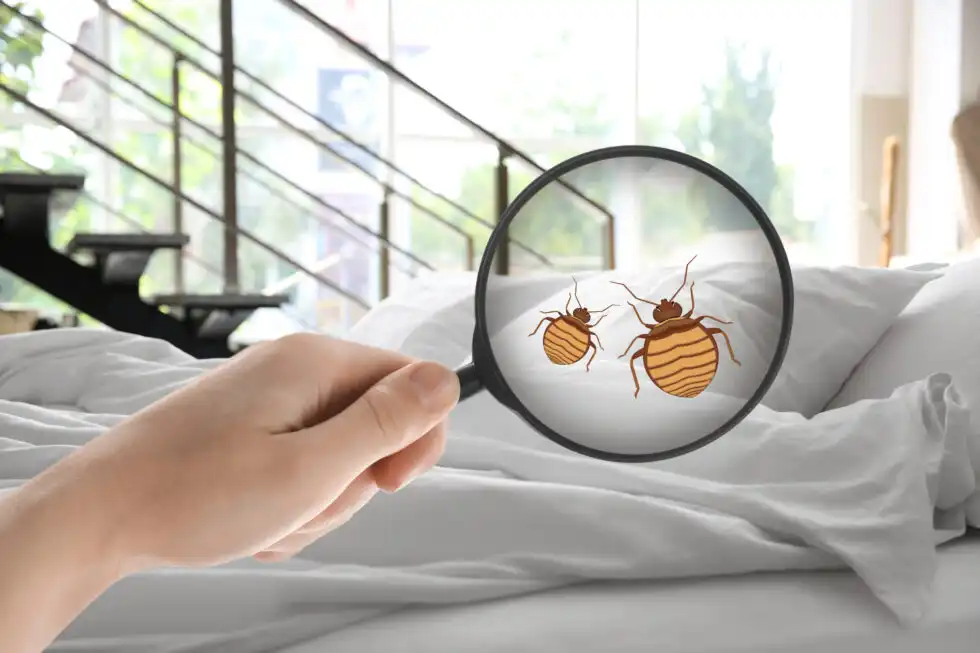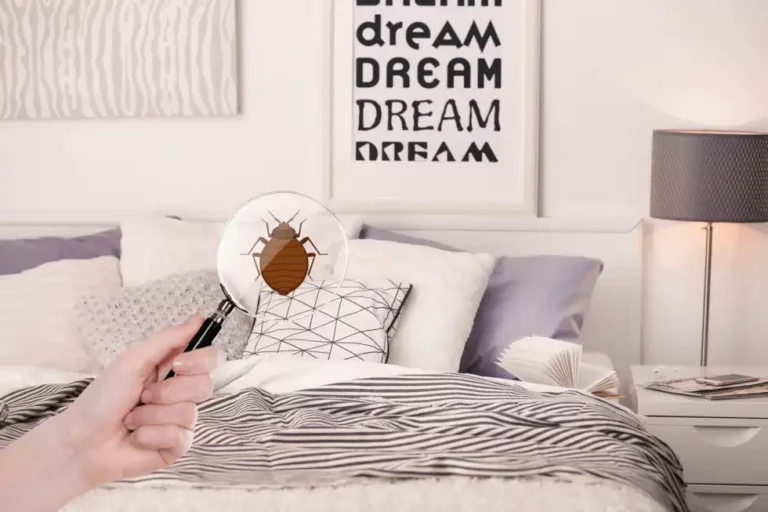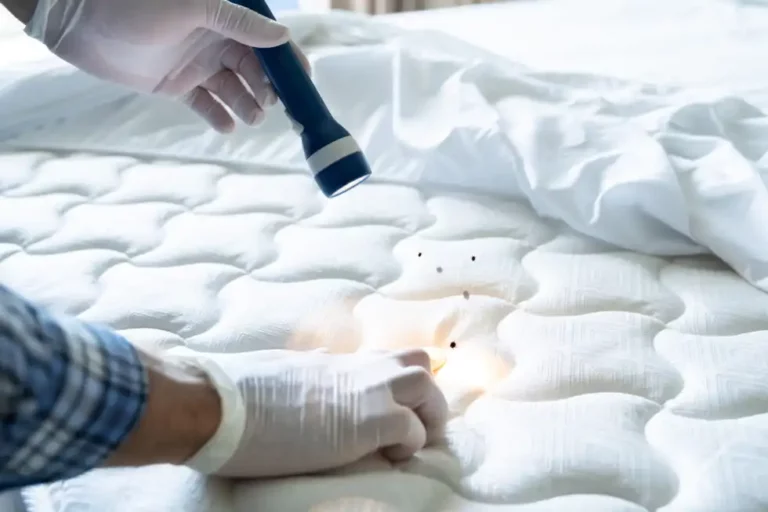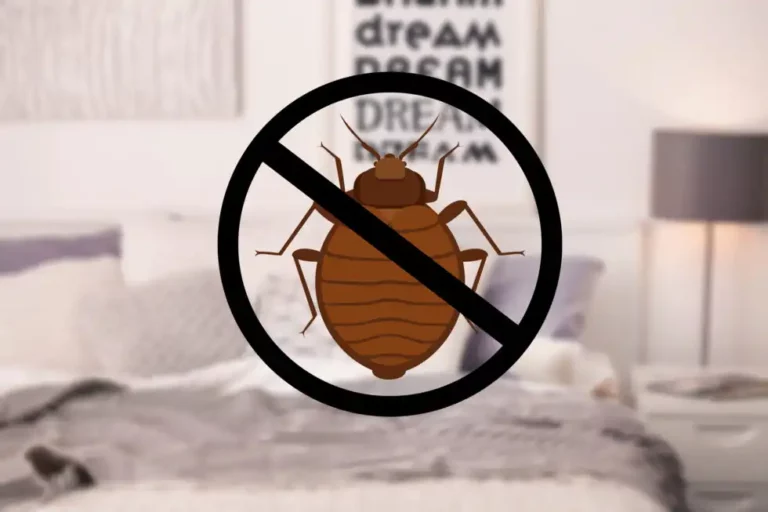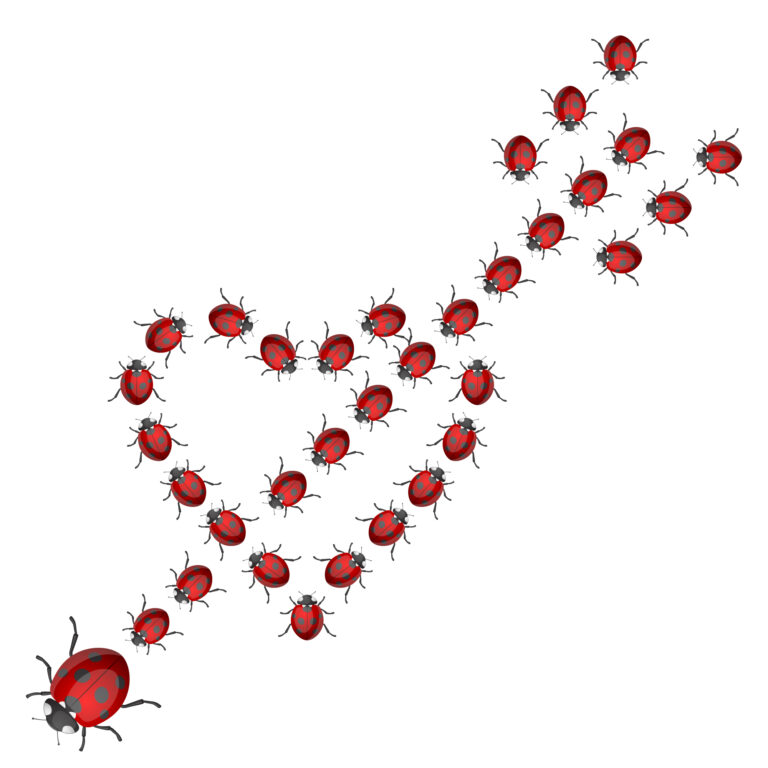Will You Know You Have Bed Bugs Immediately?
Bed bugs are a big problem in the United States. This year alone, over 1 million reported cases of bed bug infestation have been reported. If you live in an area with high infestation rates, you know how frustrating it can be to deal with these pests.
You see the bed bugs and don’t know what to do. You could easily panic. But what if we told you that there is a solution right now? Several things can tell you whether or not you have bed bugs. First, you need to know how to check for them.
You might not immediately realize you have bed bugs, but there are some telltale signs. If unsure, contact a bed bug heat treatment in Sacramento, CA, before it is too late.
What are bed bugs?
Bed bugs, called Cimex lectularius, are tiny insects living in mattresses and box springs. They feed on human blood but don’t spread disease.
The life cycle of bed bugs.
The life cycle of bed bugs is a complicated one. Bed bugs are minor and hard to see but are oval and brown. They feed on blood, so they can live up to a year without feeding. Bed bugs lay eggs in batches of up to 500 at a time and hide them from where humans sleep. So it is time for action if you notice any strange insect-like bites on your body or see tiny black spots on your sheets or mattress (bed bug droppings).
How long does it take for bed bug bites to appear?
Bed bug bites can take up to a week to appear. It is because bed bugs inject a small amount of their saliva when they bite you, which acts as an anticoagulant and prevents your blood from clotting while they feed on it. Therefore, you may not immediately notice the redness and swelling associated with a bed bug bite because this reaction takes time.
Suppose you suspect that a bed bug has bitten you. In that case, there are several ways that you can determine whether or not it was an insect that bit you and not something else:
- Bed bug bites usually occur in groups of three or more. It is due to their feeding habits–bed bugs typically feed in groups rather than alone because it allows them more time for blood extraction.
- Bed bug bites are usually red with an itchy rash surrounding them, unlike mosquito bites which tend to be flat-topped bumps with no accurate coloration.
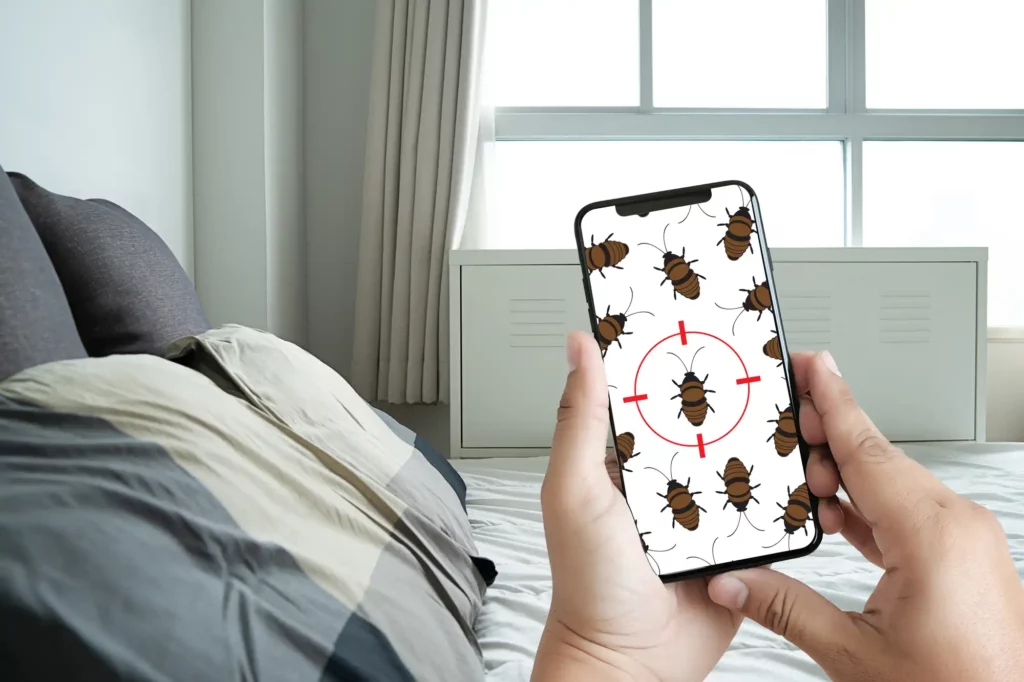
Do bed bugs have to bite you to spread?
Bed bugs don’t have to bite you to spread. They can spread through:
- Contact with their feces, so they can be found where people sleep and keep their belongings.
- Contact with blood may happen if the insect bites someone recently fed on by another bed bug or after it feeds on an animal that another bed bug has bitten.
- Finally, bed bugs can lay eggs that hatch into larvae, then crawl around looking for food.
If a family member has been bitten, can they spread the infestation to others?
Bed bugs are not known to spread diseases. However, their bites can be very itchy and annoying. Therefore, the bed bug infestation is usually the problem, not the bites themselves.
Can you see a bed bug before it bites you?
Bed bugs are minor and flat, making them difficult to spot without magnification. You may even need a flashlight or blacklight to find them.
Will I know I have bed bugs right away?
Bed bug bites can be mistaken for mosquito or flea bites, so it is not always easy to see if you have bed bugs. If you suspect bed bugs have bitten you, check the bite for signs of a rash or redness around the area. Bed bug bites do not always leave marks on your skin. Instead, they may look like small red dots or bumps on your skin that are sometimes itchy and irritated.
Bed bugs don’t only bite humans–they also feed on other animals, such as dogs and cats. For example, a dog with fleas can bring them back into your home when he comes inside after being outside at night. You might see evidence of this in their fur. If they’ve been scratching themselves constantly due to itching from flea bites, those little buggers will likely be all over their bodies.
Signs and symptoms of a bed bug infestation.
Bed bugs are not difficult to detect but challenging to eradicate. However, you can prevent a bed bug infestation if you take action early on and know what signs to look for.
- Bites: Bed bugs inject an anticoagulant into their victims, and this causes small, itchy red bumps to appear on the skin. The edges are often itchy and may take weeks or months to heal.
- Blood stains on sheets and mattresses: Bed bugs can be found under furniture and in cracks in walls, leading to blood stains on sheets and mattresses.
- Rashes: Skin rashes caused by bites may appear red and swollen. It is typically a result of allergic reactions to the bites.
- Enlarged Pimple: A bed bug bite can cause an inflamed bump on the skin. This bump often appears at the site where the bed bug bit and is usually filled with dark fluid (which may be blood).
- Bloodsuckers: Bed bugs do not need blood to survive; they suck out the hemoglobin in your skin cells. You will quickly notice this if blood appears around your bite site.
- Clusters of bed bugs in one place near an electrical outlet or nightstand lamp. Bed bugs can be found near electric outlets, so if you see groups of bed bugs clustered around one area, that may indicate that they were attracted to the light.
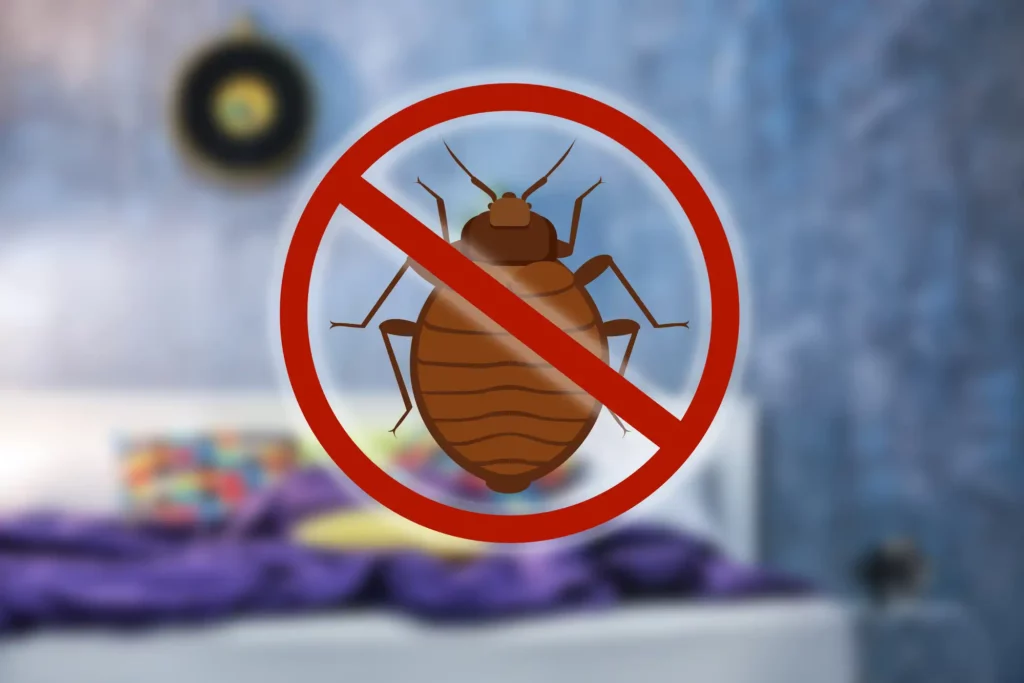
Proactive Actions to Prevent Bedbugs
You can’t prevent bed bugs from spreading if you don’t know you have them. Here are some bold actions you can take to protect your home from this pest:
- Keep clutter to a minimum. It includes clothes, books, and other personal items stored in your bedroom or other areas where bed bugs like to hide. A clean room helps prevent bed bugs from hiding in cracks and crevices.
- Use insecticides with an active ingredient of pyrethrins or pyrethroids, available at most hardware stores and garden centers.
- Vacuum regularly, especially around beds and furniture where they are likely to hide.
- Ensure all windows and doors are closed tight at night so they cannot be opened by insects coming inside during the day.
- Clean up any spills immediately to avoid spreading the bugs around your home.
- Consult with the experts in pest control for bed bugs in Sacramento, CA.
They are masters of concealment.
Bed bugs are pretty hard to spot. One of their most significant advantages is that they are masters of concealment. But suppose you do discover that you have bed bugs. In that case, giving yourself a substantial period to deal with them, whether treating the problem or moving out altogether, is essential.
Be vigilant, look for symptoms early, and don’t give up. The sooner you discover that you have bed bugs, the sooner you can begin eradicating them.

